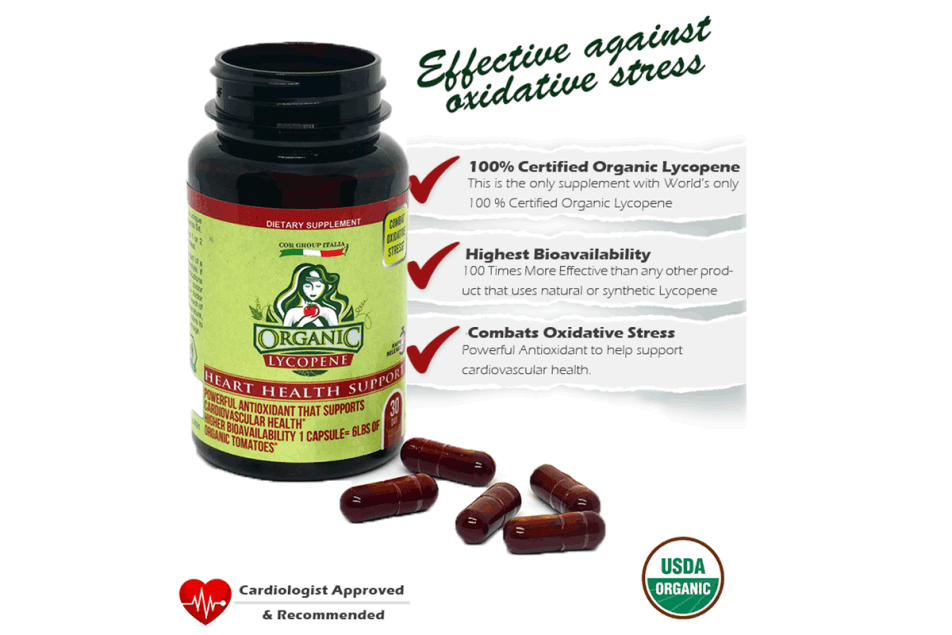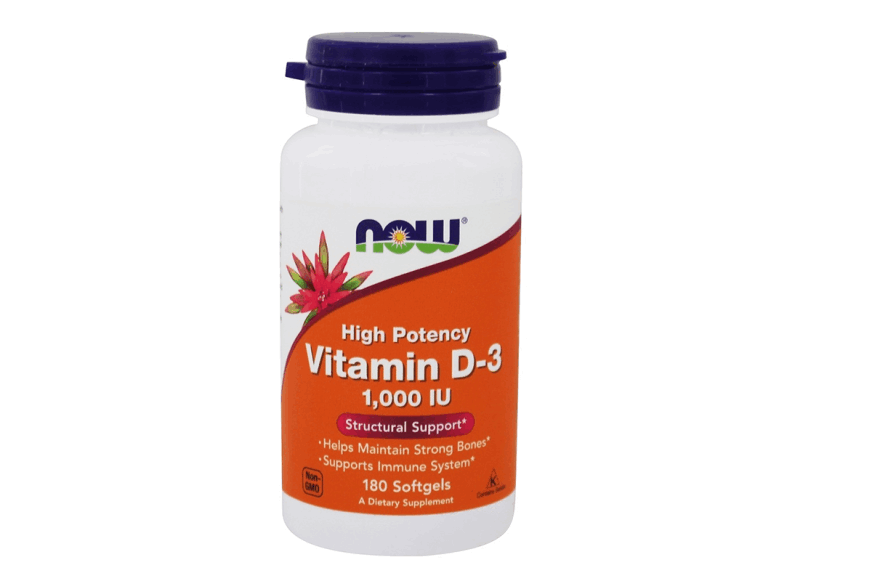
Reduce Oxidative Stress
Help boost your Immune system with organic lycopene by reducing oxidative stress.
$29.95
Ascorbic acid – the scientific name for pure Vitamin C – has been shown to support a vast number of immune mechanisms in your body. For example, your white blood cells are an important component of your immune system. You have several different types of white blood cell, each of which helps to fight off illness-causing viruses and bacteria in a different way. Vitamin C helps to stimulate both the production and function of many of these types of white blood cells. It also helps your body to produce important antibodies: proteins that bind invading microbes to neutralise them. And Vitamin C’s powerful antioxidant properties help to protect certain white blood cells from the toxic compounds they produce in their fight against pathogens. In other words, Vitamin C is an essential nutrient for healthy immune system response.

Help boost your Immune system with organic lycopene by reducing oxidative stress.
$29.95

All sites you make with Mobirise are mobile-friendly. You don't have to create a special mobile version of your site.

Mobirise offers many site blocks in several themes, and though these blocks are pre-made, they are flexible.